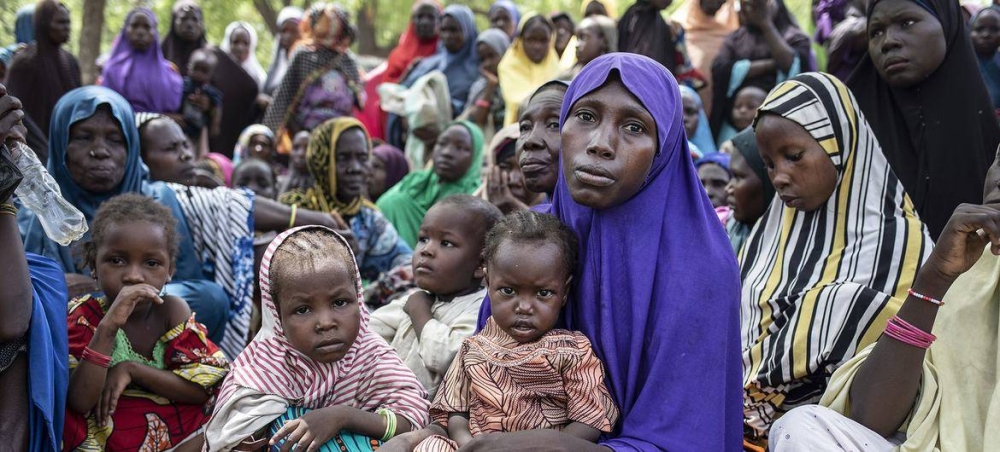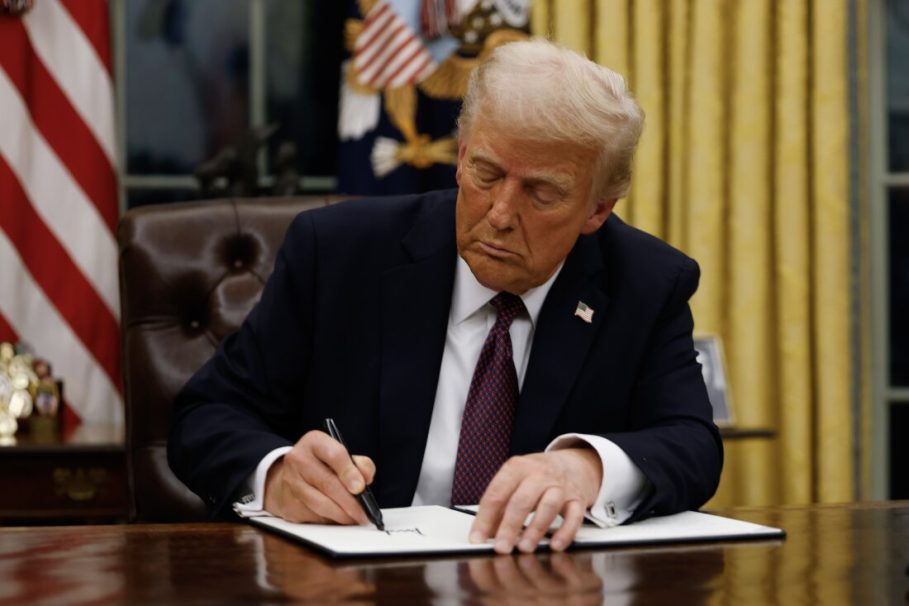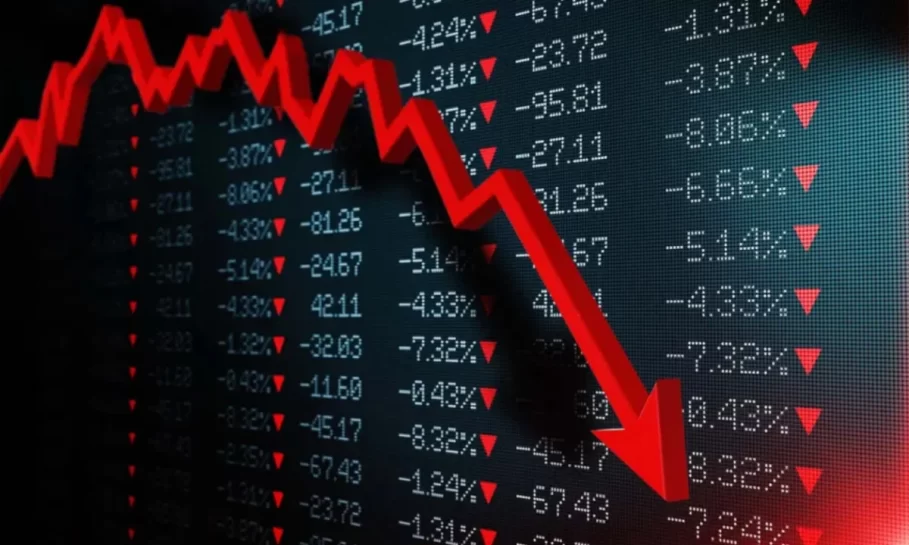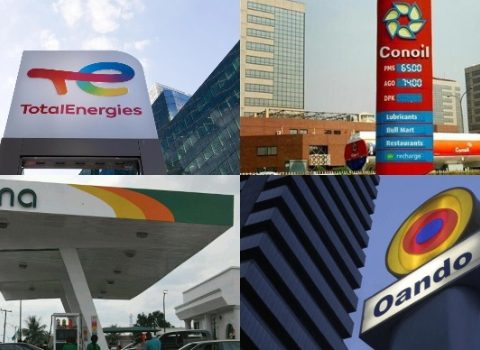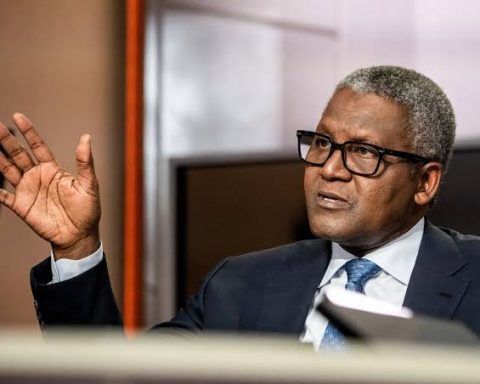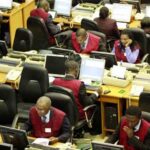Nigeria’s rising inflation, high interest rates, and naira depreciation could drive 13 million more Nigerians below the poverty line by 2025, according to a new report by PricewaterhouseCoopers International Limited (PwC).
The report, titled “2025 Nigerian Budget and Economic Outlook,” warns that economic headwinds may worsen poverty levels in the country.
Join our WhatsApp Channel“Macroeconomic pressure points such as rising inflation, interest rates, and naira depreciation may drive an additional 13 million people below the national poverty line by 2025,” PwC stated.
The number of people already living below the poverty line in Nigeria is alarming, and this projection signals an even greater economic challenge. The report emphasizes that these trends are rooted in Nigeria’s current economic instability and high cost of living.
Inflation at a Record High
The National Bureau of Statistics (NBS) has reported Nigeria’s headline inflation rate at 34.80% as of December 2024. This marks one of the highest rates recorded in recent years.
Speaking on this, PwC noted, “The number of people living below the national poverty line is projected to increase by about 13 million by 2025 due to the country’s rising inflation and cost of living.”
Limited Impact of Minimum Wage Increases
Despite a recent increase in Nigeria’s minimum wage from ₦30,000 to ₦70,000, the report highlights its limited effect on the population. Only 4.1% of Nigerians have benefited from this policy.
“Additionally, the recent increase in minimum wage only covers 4.1% of the population, highlighting the limited impact of this measure on alleviating poverty and providing financial relief to the majority of Nigerians,” PwC noted.
The majority of Nigerians work in the informal sector, including agriculture, small-scale businesses, and street vending. These areas often fall outside the scope of minimum wage regulations, leaving a large portion of the population unprotected.
President Bola Tinubu, during a December media chat, described the wage increase as a step toward paying workers “good and living wages.” However, critics argue that such measures fail to address deeper structural issues in the economy.
The Impact on Manufacturing
The manufacturing sector in Nigeria has also been severely affected by macroeconomic challenges. Chief Francis Meshioye, President of the Manufacturers Association of Nigeria (MAN), shed light on the struggles faced by the industry in 2024.
READ ALSO: Nigerians React To Economic Pain As Inflation Rate Hits 34.80%
“High inflation rates, elevated interest rates, and the continuous depreciation of the naira have deeply impacted the manufacturing sector. These factors have increased production costs and reduced competitiveness in the sector,” Meshioye said.
Federal Government’s Plan for Poverty Reduction
In response to the worsening poverty situation, the Federal Government has announced a new initiative. Prof. Nentawe Yilwatda, the Minister of Humanitarian Affairs and Poverty Reduction, revealed plans to distribute ₦75,000 cash transfers to an estimated 70 million Nigerians classified as the “poorest of the poor.”
“The target of the president is that we should reach 15 million households. On average, a household consists of four to five people. We are discussing roughly 70 million individuals, with each person receiving ₦75,000,” the minister explained.
The programme is part of President Tinubu’s broader poverty reduction strategy. However, there have been concerns over the effectiveness and transparency of such initiatives.
Earlier in January 2024, President Tinubu suspended all programmes managed by the National Social Investment Programme Agency (NSIPA) and the Ministry of Humanitarian Affairs and Poverty Alleviation due to allegations of misappropriation. These programs included direct cash transfer initiatives.
Looking Ahead
The rising inflation and its impact on poverty remain a significant concern for Nigeria. Experts warn that unless decisive actions are taken to stabilise the economy, the country’s poverty levels may continue to climb.
“Economic policies must focus on reducing inflation and addressing structural issues in the economy,” PwC stated in its report.
As Nigerians grapple with rising living costs, these projections highlight the urgent need for reforms to create a more inclusive and resilient economy.


